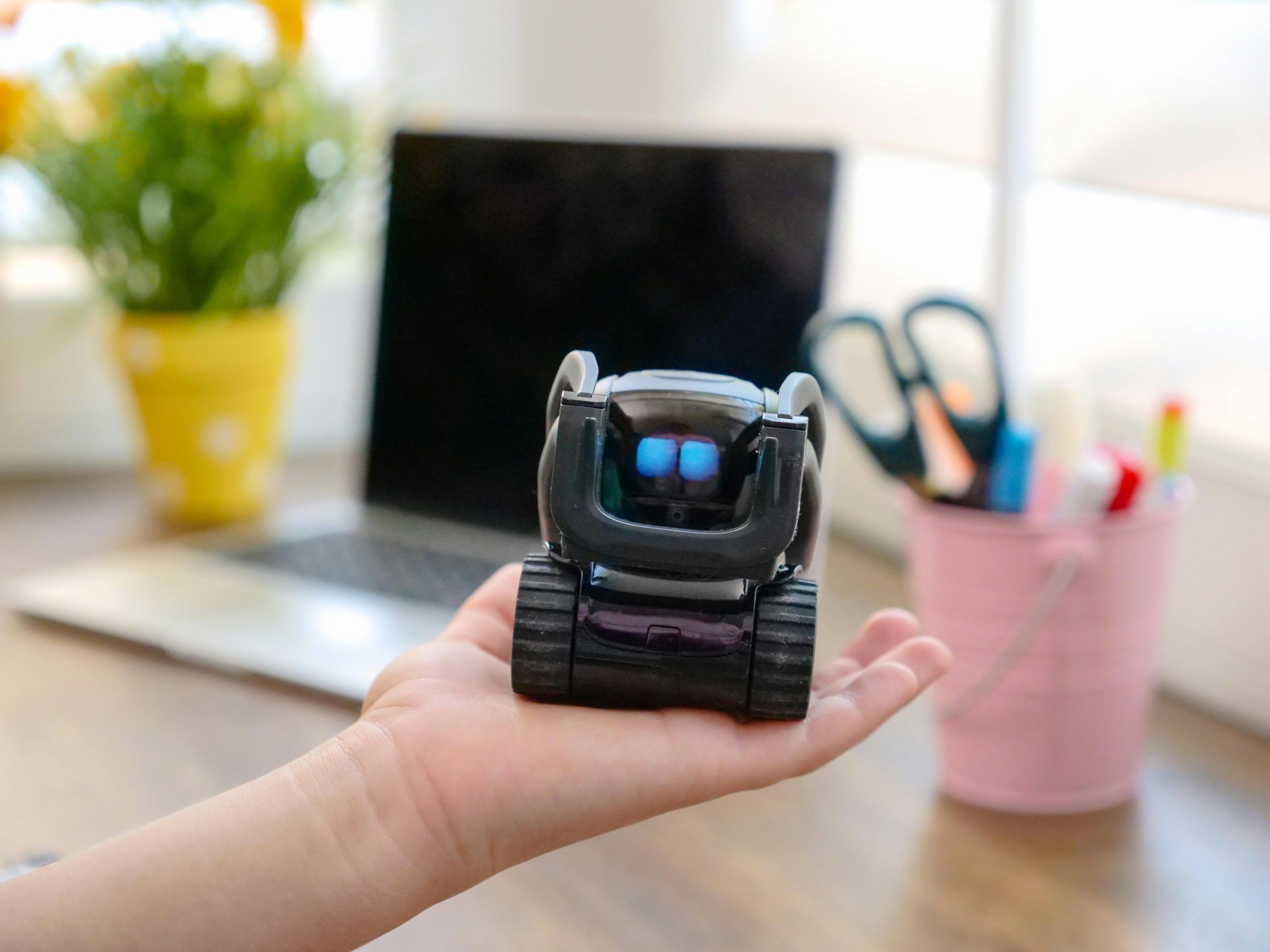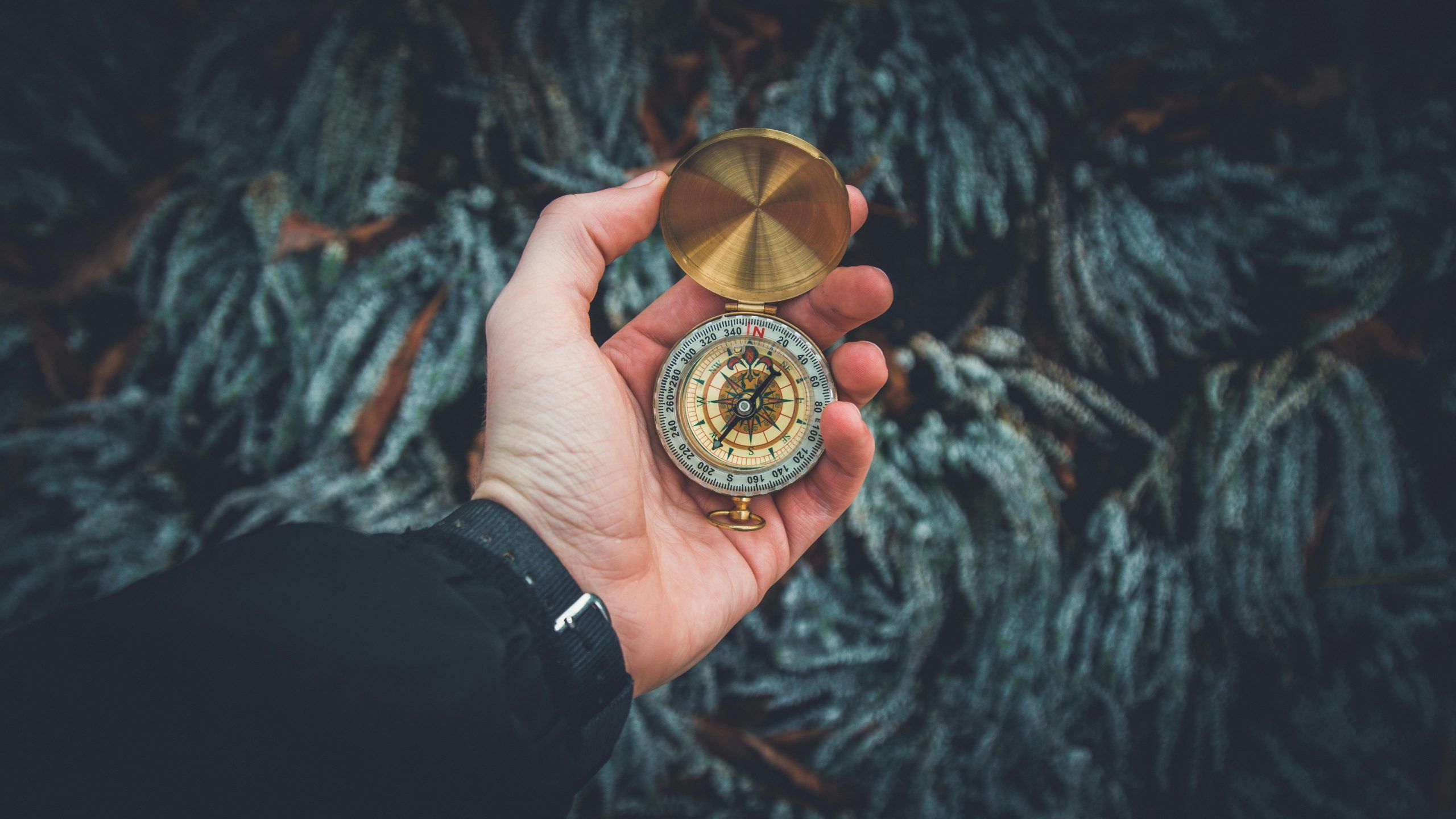Compliance teams are tired. Tools are evolving. And somewhere in the middle… sits automation.
But with so many AI-driven solutions flooding the market, how do you know which ones are trustworthy? Are they making ethical decisions—or just scanning for keywords?
Not all privacy tools rely on AI. Take DBlur, for example. It goes beyond basic masking by using rule-based anonymization and dynamic dictionaries to treat sensitive data responsibly. It doesn’t guess—it follows logic.
Automation helps us:
- ⚙️ Scale compliance across massive datasets
- ⚙️ Reduce human error (which we all know is inevitable)
- ⚙️ Free up time for strategic thinking—not spreadsheet panic
But we can’t give automation a free pass. These tools need transparency, governance, and oversight. They should feel like assistants—not black boxes.
When used right, automation doesn’t replace humans—it empowers them to be better protectors of data.
So I ask: What’s one compliance task you wish you never had to do manually again?
Author: Ioana Trasca, Office Manager & Communications Officer
People-oriented person passionate about writing, reading, traveling and a forever animal lover.



